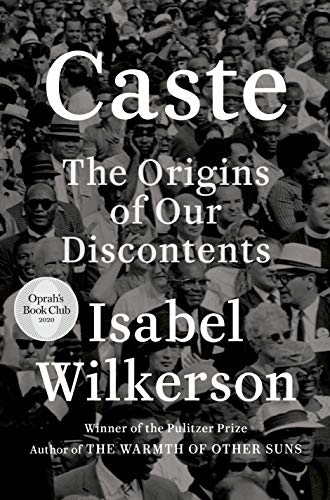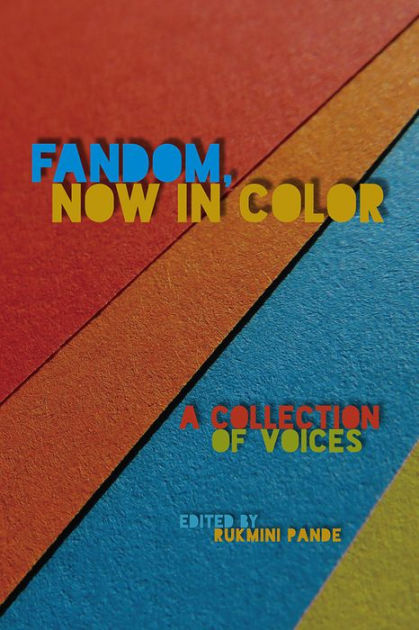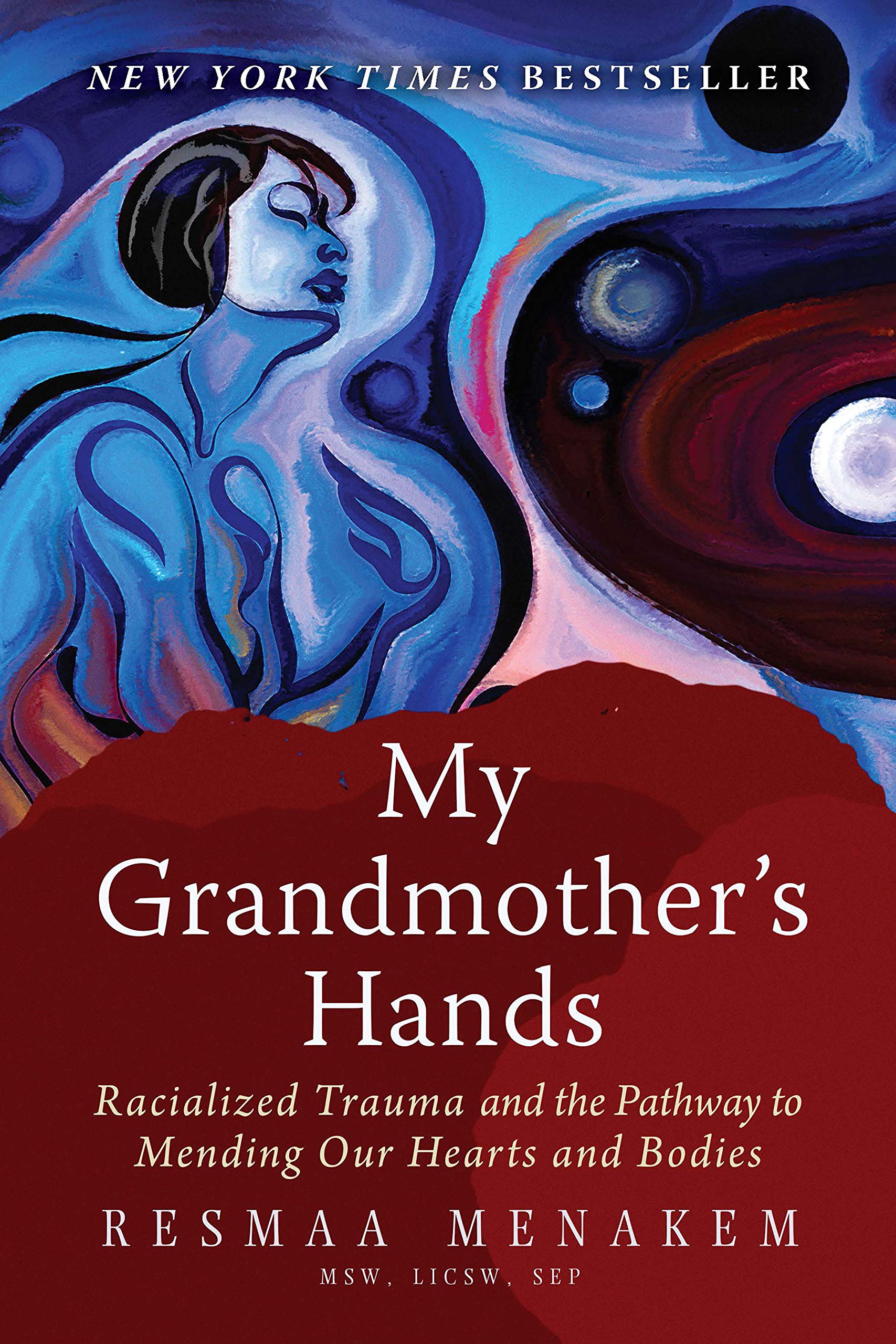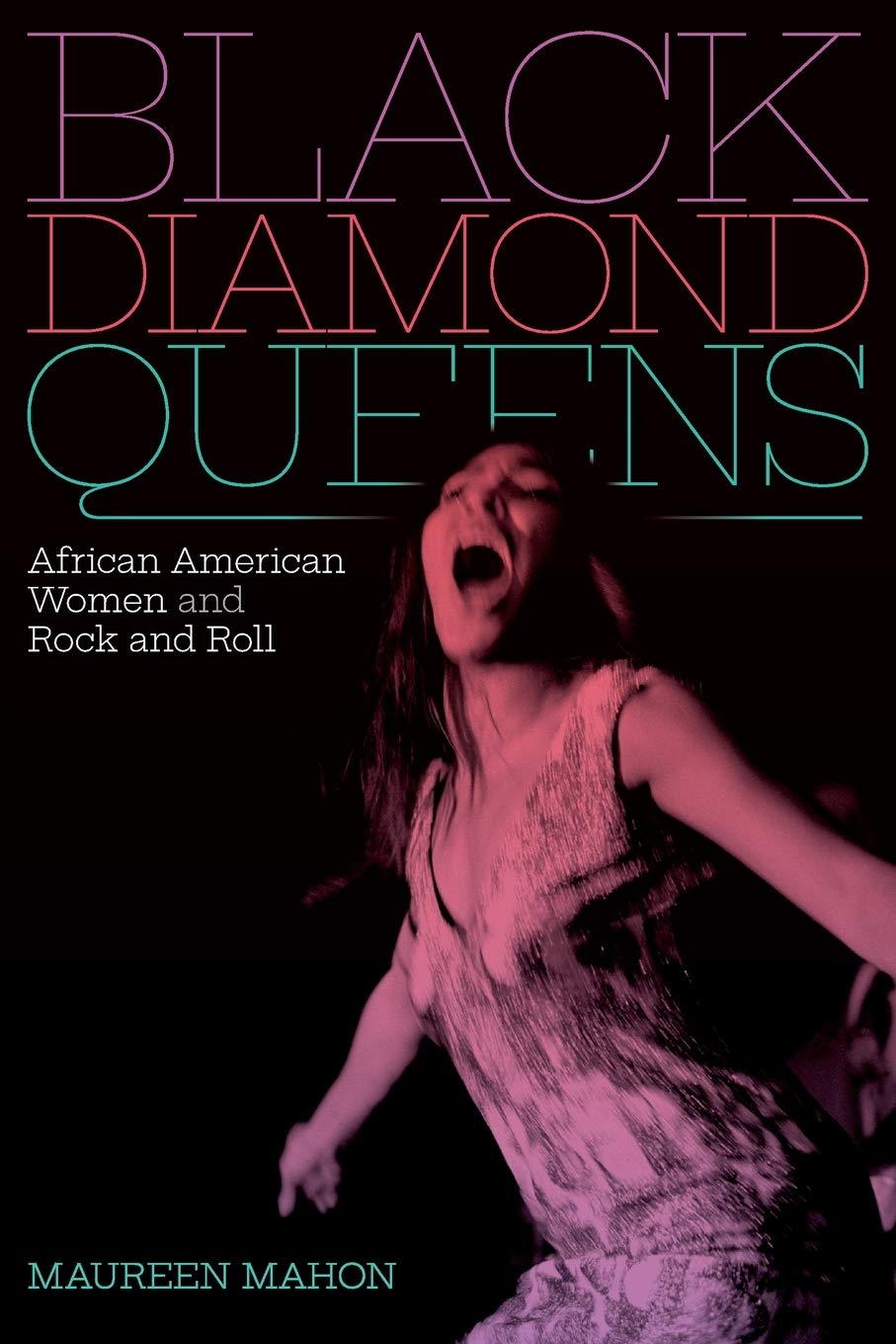Black diamond queens : African American women and rock and roll by Maureen Mahon
In Black Diamond Queens, Maureen Mahon draws on recordings, press coverage, archival materials, and interviews to document the history of African American women in rock and roll between the 1950s and the 1980s. Mahon details the musical contributions and cultural impact of Big Mama Thornton, LaVern Baker, Betty Davis, Tina Turner, Merry Clayton, Labelle, the Shirelles, and others, demonstrating how dominant views of gender, race, sexuality, and genre affected their careers.

In this book, Isabel Wilkerson gives us a portrait of an unseen phenomenon in America as she explores, through an immersive, deeply researched narrative and stories about real people, how America today and throughout its history has been shaped by a hidden caste system, a rigid hierarchy of human rankings. Beyond race, class, or other factors, there is a powerful caste system that influences people's lives and behavior and the nation's fate.

Fandom, now in color : a collection of voices edited by Rukmini Pande
Fandom, Now in Color gathers together seemingly contradictory narratives that intersect at the (in)visibility of race/ism in fandom and fan studies. This collection engages this problem by undertaking the different tactics of decolonization-diversifying methodologies, destabilizing canons of “must-read” scholarship by engaging with multiple disciplines, making whiteness visible but not the default against which all other kinds of racialization must compete, and decentering white fans even in those fandoms where they are the assumed majority.

Fictional blues : narrative self-invention from Bessie Smith to Jack White by Kimberly R. Mack
Fictional Blues unpacks the figure of the American blues performer, moving from early singers such as Ma Rainey and Big Mama Thornton to contemporary musicians such as Amy Winehouse, Rhiannon Giddens, and Jack White to reveal that blues makers have long used their songs, performances, interviews, and writings to invent personas that resist racial, social, economic, and gendered oppression.

How the streets were made : housing segregation and Black life in America by Yelena Bailey
In this book, Yelena Bailey examines the creation of “the streets” not just as a physical, racialized space produced by segregationist policies but also as a sociocultural entity that has influenced our understanding of blackness in America for decades. Drawing from fields such as media studies, literary studies, history, sociology, film studies, and music studies, this book engages in an interdisciplinary analysis of the how the streets have shaped contemporary perceptions of black identity, community, violence, spending habits, and belonging.

My grandmother's hands : racialized trauma and the pathway to mending our hearts and bodies by Resmaa Menakem
The body is where our instincts reside and where we fight, flee, or freeze, and it endures the trauma inflicted by the ills that plague society. In this groundbreaking work, therapist Resmaa Menakem examines the damage caused by racism in America from the perspective of body-centered psychology. He argues this destruction will continue until Americans learn to heal the generational anguish of white supremacy, which is deeply embedded in all our bodies.

White freedom : the racial history of an idea by Tyler Stovall
The era of the Enlightenment, which gave rise to our modern conceptions of freedom and democracy, was also the height of the trans-Atlantic slave trade. America, a nation founded on the principle of liberty, is also a nation built on African slavery, Native American genocide, and systematic racial discrimination. White Freedom traces the complex relationship between freedom and race from the eighteenth century to today, revealing how being free has meant being white. Tyler Stovall explores the intertwined histories of racism and freedom in France and the United States, the two leading nations that have claimed liberty as the heart of their national identities.

White reconstruction : domestic warfare and the logics of genocide by Dylan Rodríguez
Thinking across a variety of archival, testimonial, visual, and activist texts, Dylan Rodríguez counter-narrates the long "post-civil rights" half-century as a period of White Reconstruction, in which the struggle to reassemble the ascendancy of White Being permeates the political and institutional logics of diversity, inclusion, formal equality, and "multiculturalist white supremacy."

